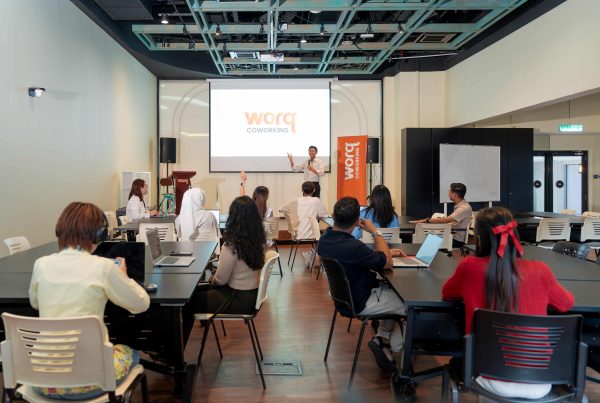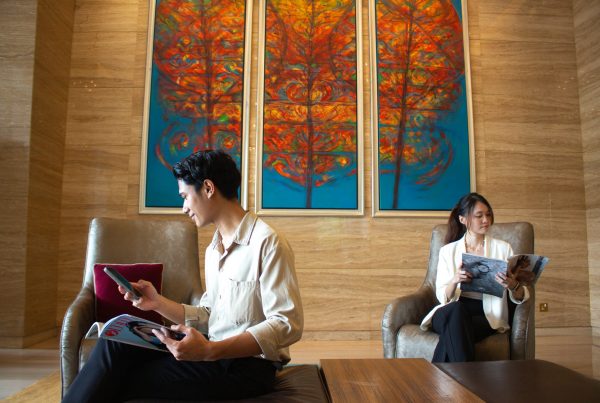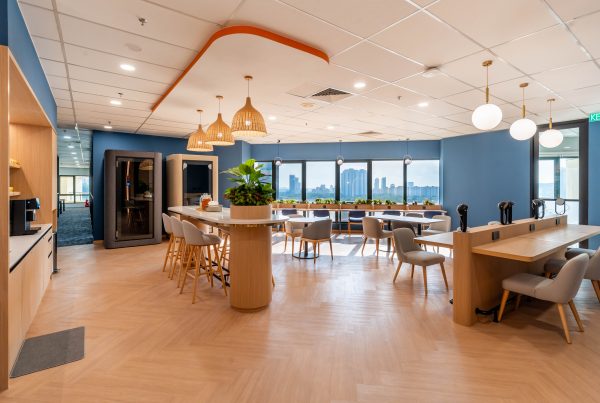In Malaysia, the culture of overworking has become a widespread issue. Several reasons drive
overworking: long working hours, the pressure to “always be available”, or the increased cost
of living, which is taking a toll on the workforce. Malaysians find themselves sacrificing their
time for work with little time to rest, often struggling with stress and burnout. This is evident as
Malaysia is ranked the second most overworked country in Asia by 2023.

Some industries promote excessive work cultures, believing that pushing employees to their
limits will yield better results and productivity. This remains one of the most common
mistakes that managers make because while employees are always appreciated for putting
in hard work, they do not draw a line between hard work and working extremely hard. This
leads to decreased productivity, burnout, mental health issues, and strained family
relationships.
As remote working has gained popularity, since the COVID-19 pandemic, many have found it
difficult to draw a line between work and personal life and they always feel like they’re on the
clock. A 2023 report indicates that remote job listings have risen by 8% in the previous year.
Although remote work comes with its benefits, employees may have to be “always available”
which pressures them to respond to emails and calls at all times.
The Problem with Overworking in Malaysia
High living costs in areas like Kuala Lumpur force many workers to push themselves to make
ends meet. Meanwhile, employees have to put in extra hours to secure promotions or to just
keep their jobs in the competitive job market. Managers often see working overtime as
increased productivity. Although research shows that overworking leads to reduced
productivity and is prone to more mistakes, many companies are still promoting the overtime
culture.
productivity and is prone to more mistakes, many companies are still promoting the overtime
culture.
The solution lies in rethinking how and where we work. This is where coworking space comes
in but how exactly can it help alleviate overwork in offices?
Flexibility and Control over Work Schedules
Coworking spaces provide an alternative to both traditional and fully virtual office
environments. They offer flexible work settings where individuals can rent desks or private
offices, meeting rooms, and other amenities on a short-term or long-term basis. Coworking
spaces are not just shared offices, they can offer a sense of community and collaboration
which can directly address overworking.
Coworking spaces are built on the idea of flexibility, giving employees the freedom to choose
when and how they work, effectively managing their time to reduce overworking. Employees
can choose to work during their most productive hours, whether early in the morning or later
in the day, without the constraints of a rigid 9-to-5 schedule.
WORQ offers solutions that can be customized and designed to suit companies’ frameworks
and policies. For example, MNCs can utilize the hub-and-spoke model allowing employees to
work from any WORQ outlet depending on their locations. This helps to reduce the pressure
to conform to rigid office hours and encourages more sustainable and efficient use of time,
leading to improved productivity at work. WORQ also fosters a community where businesses
can connect and collaborate, opening the door to potential business growth. This support
network gives businesses the resources they need to work smarter by leveraging one
another’s strengths.

Work-life boundaries are clearer
One of the hardest parts of remote work is the blurring lines between professional and
personal time. When your living room or bedroom acts as your office too, it can be hard to
switch off from work, potentially leading to extended hours.
Coworking spaces provide a clear physical boundary between home and work. Employees
can mentally separate their work from their personal space when working in a dedicated
office space. This physical separation establishes a healthy work-life balance. When they
leave the space at the end of the day, they can truly “clock out” and focus on personal or
family time. This simple act creates a sense of routine and structure that are lacking in
remote work.
Encouraging a Result-Oriented Culture
In many traditional office environments, employees are judged by the hours they spend on
their tasks rather than the quality of work they produce. This culture contributes to
overworking, as employees feel the need to stay late or arrive early just to be seen as
dedicated. The goal is to work smarter, not harder and this shift helps employees manage
their time effectively, reducing the need for excessive hours.
WORQ aims to break away from the “factory mindset” that equates physical attendance to
productivity. They provide an environment where results matter more than the hours clocked
in, allowing employees to deliver their best work without being confined to rigid schedules.
Employees can choose to work at their preferred working schedule to maximise productivity,
in the morning or evening, as coworking spaces can operate 24/7 to accommodate business
needs.
Supporting Creativity and Comfort
Unlike traditional office spaces, coworking environments are designed to foster creativity and
flexibility. Instead of sitting in a cubicle all day, employees have the freedom to move around
and work in different areas of the space, choosing the environment that suits their mood or
task.
Coworking spaces like WORQ offer a range of professional amenities, including coffee and
snacks, a printing station, telephone booths, and meeting rooms. For moments of relaxation,
there are leisure facilities such as game rooms, sleeping pods, gym rooms, and a pantry.
These amenities make it easier for workers to strike a balance between productivity and
relaxation, reducing stress and preventing burnout.
The Role of Coworking in Reducing Overworking
By creating an environment that promotes work-life balance, encourages breaks, and
focuses on productivity over hours, coworking spaces can play a crucial role in reducing the
culture of overwork. As more Malaysians embrace this flexible way of working, there’s
potential for a shift toward healthier work habits and a more sustainable approach to
professional life.
Coworking spaces are not just an alternative office solution—they are a way to rethink how
work is done. For individuals looking to break free from the pressures of overworking,
coworking spaces provide a supportive, flexible environment that could lead to a healthier
and more balanced future for Malaysia’s workforce.





